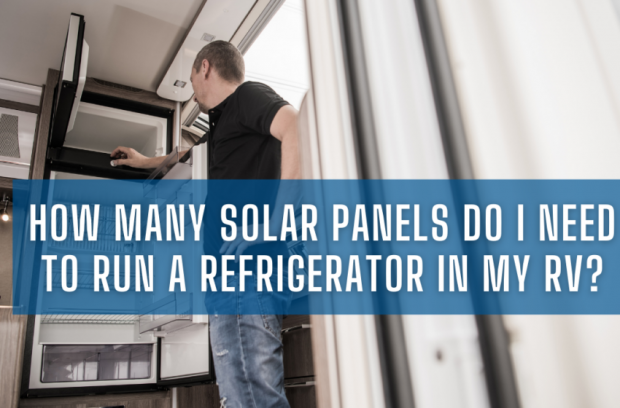
Breaking News
 No One Does It Like Johnny Carson | Mark Malkoff #470 | The Way I Heard It
No One Does It Like Johnny Carson | Mark Malkoff #470 | The Way I Heard It
 Webb is ready - the open source tool that will decode the Epstein files for EVERYONE
Webb is ready - the open source tool that will decode the Epstein files for EVERYONE
 Trump administration ending Minneapolis immigration Operation Metro Surge
Trump administration ending Minneapolis immigration Operation Metro Surge
 TUMBLER RIDGE MASSACRE: The Trans Shooter Media TRIED TO HIDE...
TUMBLER RIDGE MASSACRE: The Trans Shooter Media TRIED TO HIDE...
Top Tech News
 Drone-launching underwater drone hitches a ride on ship and sub hulls
Drone-launching underwater drone hitches a ride on ship and sub hulls
 Humanoid Robots Get "Brains" As Dual-Use Fears Mount
Humanoid Robots Get "Brains" As Dual-Use Fears Mount
 SpaceX Authorized to Increase High Speed Internet Download Speeds 5X Through 2026
SpaceX Authorized to Increase High Speed Internet Download Speeds 5X Through 2026
 Space AI is the Key to the Technological Singularity
Space AI is the Key to the Technological Singularity
 Velocitor X-1 eVTOL could be beating the traffic in just a year
Velocitor X-1 eVTOL could be beating the traffic in just a year
 Starlink smasher? China claims world's best high-powered microwave weapon
Starlink smasher? China claims world's best high-powered microwave weapon
 Wood scraps turn 'useless' desert sand into concrete
Wood scraps turn 'useless' desert sand into concrete
 Let's Do a Detailed Review of Zorin -- Is This Good for Ex-Windows Users?
Let's Do a Detailed Review of Zorin -- Is This Good for Ex-Windows Users?
 The World's First Sodium-Ion Battery EV Is A Winter Range Monster
The World's First Sodium-Ion Battery EV Is A Winter Range Monster
 China's CATL 5C Battery Breakthrough will Make Most Combustion Engine Vehicles OBSOLETE
China's CATL 5C Battery Breakthrough will Make Most Combustion Engine Vehicles OBSOLETE
How Many Solar Panels Do I Need to Run a Refrigerator in my RV?

When you spend a lot of time in your RV like Jennifer and me, you need to consider alternative power sources to run a refrigerator. Especially if you like to go boondocking or live off-grid.
Since most places in the true wild do not have a place to plug into, you will need to rely on a solar system to help keep your fridge running. That means you are likely looking into your best options for keeping your food cold without traditional power sources, like battery power and propane.
That also means you may be asking, How many solar panels do I need to run a refrigerator?
The umbrella answer is the number of solar panels depends on your power consumption. But the short answer for RVs is about 300-watts of panels. There's more to consider, though, so please keep reading to learn more.
How Many Solar Panels Do I Need to Run a Refrigerator?
At home, you probably have an average household refrigerator. In order to power that fridge using solar power, you would need about two to three solar panels. Average solar panels produce approximately 250 to 400 Watts of power.
But you are not using an average refrigerator in your RV. Most likely, you need to power a 12V fridge, which is smaller.
The best size solar panel to run a 12V fridge is 150 Watts into 200 Watts of batteries. That's why a 300-Watt panel system is a great choice since you can be sure to collect and store more than enough energy for a continuous power supply. That way if the forecast is not calling for sunny days, you can store more energy.
You may want to read our article on best portable solar panels for RV.
When shopping around for a solar energy system, be sure to check its wattage rating so that you get exactly what you need. Also factor in the amount of sunlight you typically get when traveling. Same with the time of year. The sun is closer and produces more solar energy in the summer, than in winter.
And it's stronger in southern states than northern.



